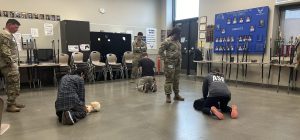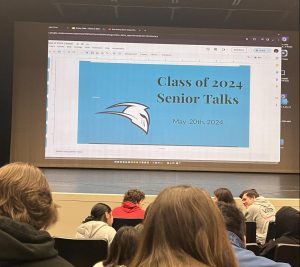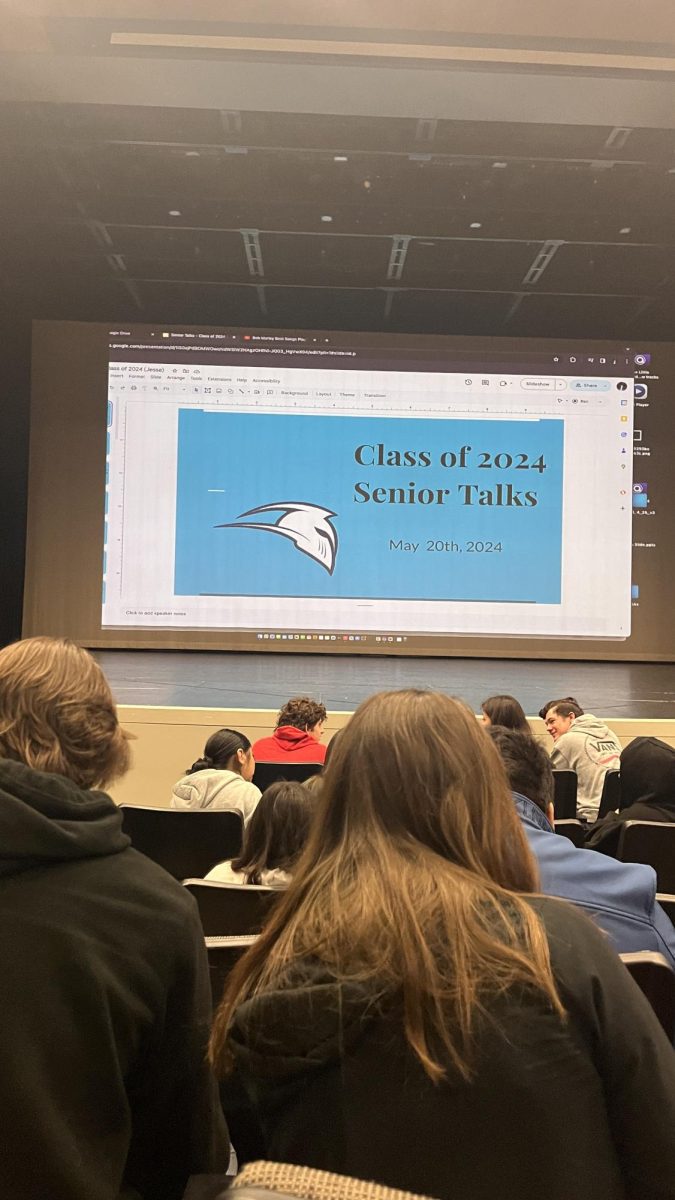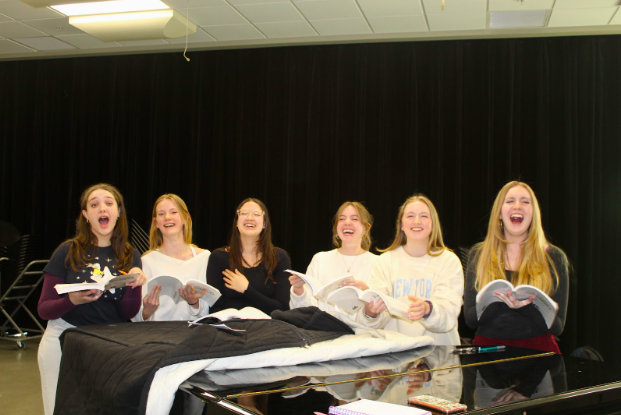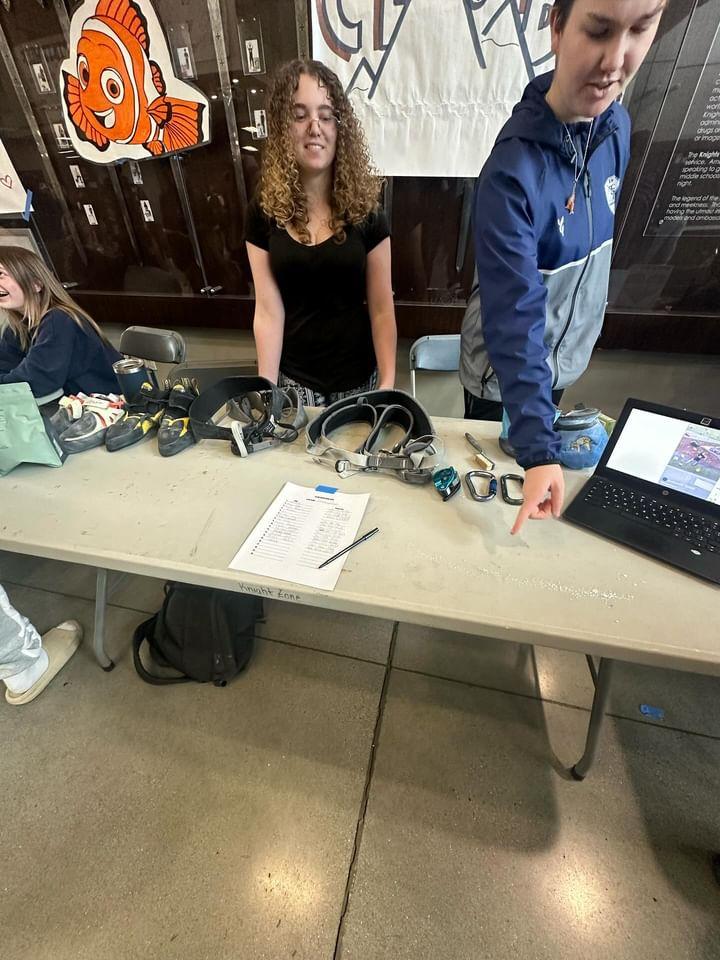Death. Love. Cruelty. Joy. Anxiety. These are all topics included in current AP literature texts taught at San Marcos High School. Juniors and seniors join AP Literature every year ready to evaluate all kinds of texts from a variety of cultures and time periods, but are the books engaging enough to keep students hooked? Teachers have worked to add new and exciting books to the AP Literature curriculum, but have faced hardships along the way.
Books can be engaging as a whole, but in AP Literature, most time is spent closely analyzing and annotating each page.
“I think that AP Lit books themselves are really well written and very engaging but the process of analyzing each book word by word, chapter by chapter, and even line by line stretches it out so it’s no longer as engaging. We see it more as a chore,” said current AP Literature student junior Anne Sun.
As the books become lengthy through analysis, Sun believes that the inclusion of more interesting books could make this process less tedious.
“I think that there’s definitely a lot of books out there that have all of the things that we look for in AP Lit, and that have the complexity but are much more engaging. Adding to the curriculum would definitely enrich it,” Sun said.
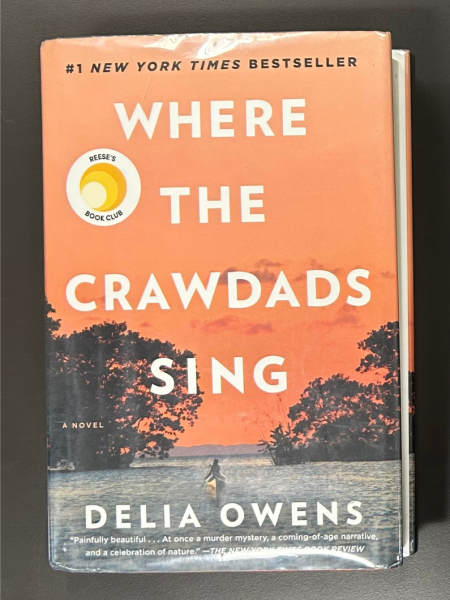
In 2023, AP Literature teachers chose three books to add to the curriculum, one of them was Where the Crawdads Sing by Delia Owens. This coming-of-age and murder mystery novel is about a girl growing up and surviving by herself in a marsh located in North Carolina. Since its release in August 2018, 12 million copies have been sold. It is a number one New York Times bestseller and a part of Reese Witherspoon’s book club. Many cherish this book for its thrilling and emotional plot but overlook the literary merit.
“Our thought with adding this book specifically to the AP Literature curriculum was that the quality of the writing is really great and the story line is engaging for students,” said AP Literature teacher Sarah Sharp. “A lot of the time we read really old, probably boring, books for students and so we were hoping to kind of modernize some of our offerings.”
In order to get a book added to any San Marcos Unified School District (SMUSD) curriculum a teacher, parent, student, and community member, such as a librarian, needs to read it. They are required to write a review of the book consisting of their opinions, including how it would be beneficial to students. Additionally, they need to identify any harmful content. After all these requirements are met, the package gets sent to SMUSD Director of Curriculum and Instruction Nicole DiRanna, and the wait begins.
“Time is the biggest hardship of it. There’s not a lot of time to get everything together. It’s a lot of different people that you have to get and then you just send it out in an email and you wait. It’s just out there. The other hardship would just be getting denied,” said Sharp.
An email was sent from the district office in May 2023 revealing the unexpected rejection of Where the Crawdads Sing and another book A Thousand Splendid Suns.
The email to Sharp and another AP Literature teacher Kathy Hale stated, “We are denying Where the Crawdads Sing due to the sexual and physical violence. We are denying A Thousand Splendid Suns due to the constant domestic violence, and actual suicide. We agree that these books are extremely well written, however the culture of violence, self harm and sexual abuse in our society leads us to be cautious of what a K12 Public Education Organization mandates for all of it’s students.”
“Yes, parts of it are violent. There’s murder, there’s abuse and different things in there so it is, but I think for a mature AP student, maybe eleventh through twelfth-grade students, it would be appropriate to read it,” said San Marcos High librarian Yvonne Brett.
DiRanna said that when her team looks at books, they make sure it is age-appropriate, developmentally appropriate, and it matches what College Board’s standards are. The district did approve one out the three submitted, Anthropocene Reviewed.
“I personally will not submit any books this school year, but our department is looking into submitting more books in the next few years,” said Sharp. “As a department, we are very interested in updating the books in our curriculum.”



